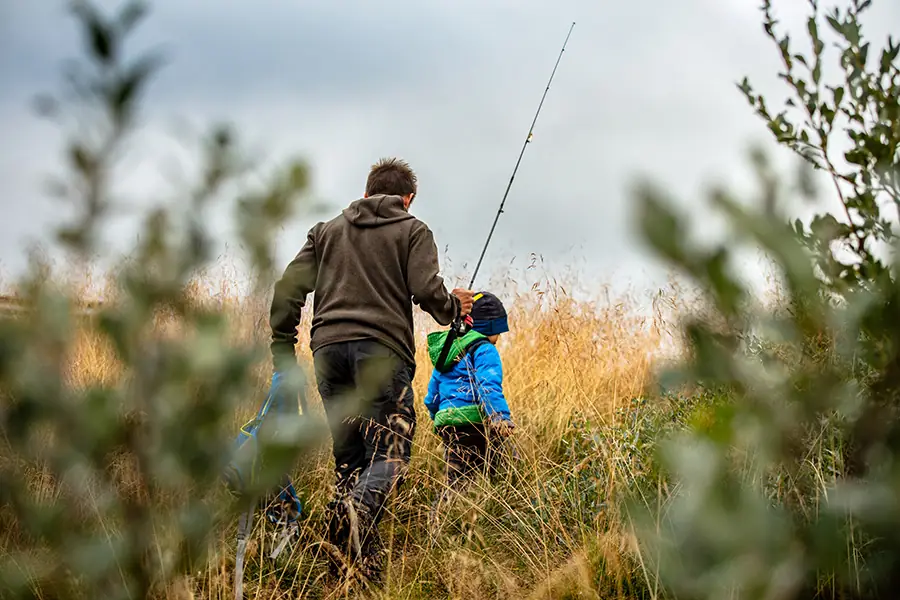
Read the article with FishingTheSpot: the wels catfish
Keep an eye on this subject!
Thousands of species spotlights and techniques but also all the local information about your city!



Meet other anglers near you and share your fishing fishing trips, afoot or on a boat, at sea or in freshwater
See the fishing tripsThe Wels Catfish

All year
no restriction
Did you fish
this species this month?
The Wels Catfish belongs to the Siluridae family. The usual size is 1 m for 10 kg but it can reach a maximum of about 5 m for a weight of about 300 kg. The maximum observed longevity is 60 years. It breeds from May to June. The female lays 20,000 to 30,000 eggs per kg of weight. It can be fished all year round.
This massive species has a flat, broad head with small eyes and three pairs of barbells. Two pairs not movable on the lower jaw, one longer and movable on the upper jaw. The trunk represents about 1/3 of the animal and has the paired radiated fins and a small rudimentary dorsal fin. The belly is lighter. The posterior part of the body is laterally flattened and has a long anal fin. The tail ends in a homoceric fan-shaped caudal fin. The livery is variable and fluctuates from olive green to grey, both plain and with light spots. The skin is viscous and flake-free. The wels catfish has many small teeth.
The Wels Catfish lifestyle
The feeding is almost exclusively nocturnal in this species. It is an opportunistic and voracious carnivore that preferably hunts at shallow depths. Young people feed on small invertebrates while adults eat fish, frogs and even rodents and occasionally birds. Its appetite decreases with the arrival of autumn and it spends the winter in a state of lethargy. It practices cannibalism.
The breeding period runs from May to June and only occurs if the water temperature is above 20°C for a period of two to three months. The male cleans in the middle of the roots or among the reeds, an egg-laying area surrounded by a low wall of plant debris. The female lays 20,000 to 30,000 eggs per kg of its own weight on the roots. The eggs, light yellow, 3 mm in diameter, adhere to the substrate and are kept for 2 to 3 days by the male. It cleans and ventilates them until they hatch.
Sexual maturity is reached after 3 to 4 years in males, 4 to 5 years in females or around 50 cm in height and 2 kg in weight.
The Wels Catfish habitat
The Wels catfish are found in canals, plains and large lakes (bream area). More in calm and turbid areas with warm waters. It can make significant movements in the watersheds.
It's a groundfish. It likes to stand in pits, around bridge piers, hollow banks, large rocks, and areas of submerged meadows and branches, from Baltic Europe to the Alps and from the Atlantic to the Urals (Caspian Sea). It has been introduced into southern England, Spain near Barcelona and Italy in the Po plain. It is potentially present everywhere in France except perhaps in Corsica. The wels catfish has also been introduced in Belgium.
The Wels Catfish angling
To catch the wels catfish, it can be caught with worms, earthworms, dead or live fish. Soft lures and swimming fish are effective lures for catfish fishing. For the material, it must be strong and resistant. It is therefore preferable to choose a carbon or fiberglass rod.


